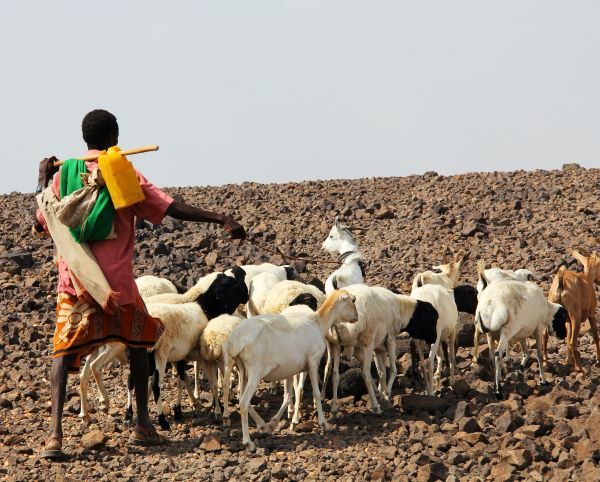The COP 27 indaba on climate change opened in Egypt’s Sharma Sheik, Sunday, with the United Nations UN secretary-general, António Guterres challenging rich countries-being polluters and contributing to increasing global temperature to join hands with the poor countries in resolving climate change amid fears of its catastrophic end results.
Mr. Guterres in a stark reminder calls for a pact between developed and developing nations during the gathering, which has attracted notable heads of states, US Joe Biden, former British Prime Minister, Boris Johnson and Zambia’s President Hakainde Hichilema, among others.
He warns of serious and impending climate catastrophe and calls for compromise as the world faces a ‘stark choice’ hence the need to work together to cut emissions from greenhouses or confine future generations to climate catastrophe.
In a repeat of a myriad of warnings to the world against divisiness over the effects of climate change, the UN chief challenges all Governments to urgently find durable and lasting solutions while in Egypt.
The gathering was important in the fight against climate catastrophe.
This is despite the raging geotropically-induced Russia-Ukraine war which has heightened the food crisis with some parts of the world-Somalia included in adverse hunger for want of access to food.
This has further heightened rampant consumer inflation and energy shortages, according to a statement seen by FRA.
“Humanity has a choice: cooperate or perish,” he told delegates to the 27 conference and the third to be hosted by Africa since its inception at which the continent, through its African Group of Negotiators (AGN) want a durable solution and pull the continent out of the climatic disaster which has swept all environmental and economic gains.
There is a need for an undivided pact between the two worlds-the rich and the poor countries to heighten the move away from the current status and accelerate the transition from fossil fuels and funding.
This is to ensure poorer countries can reduce emissions and cope with the climate impacts that have already occurred.
The UN is gravely concerned at the failure by developed nations-chiefly China and the US for failing to redress the emission of greenhouses-which has been the outcry from developing nations.
These have at the same failed to provide the money to mitigate the effects done on the economies and environment in poor nations amid heightening weather conditions. Describing the climate inequality an urgent matter that should be discussed at the Egyptian meeting in the aftermath of the Glascow’s COP26 which African countries contend it failed to redress their outstanding wish to “change the face of the world”
The UN chief is optimistic all delegates will seize the opportunity to deliberate and find lasting climate change solutions noting the grave suffering imposed on some countries.
These countries include Pakistan which was recently affected by the record floods and heightening drought afflicting Somalia and some parts of Africa.
This has prompted an urgent call to redress the loss and damage caused to most parts of the world, chiefly the developing and Least Developed Countries that suffer the blunt.
At last year’s summit in Glasgow, countries agreed to focus on limiting global temperature rises to 1.5C above pre-industrial levels, but recent UN reports have shown that teh current policies would raise temperatures by about 2.5C
Meanwhile, delegates-chiefly the poor countries are highly expectant of some strong statement from US President, Biden on how to reverse the losses and damages caused by the developed nations.
The US, being one of the countries which is named among the global polluters and had been part of the US$100 billion pledged for loss and damage during COP 15, has to date not been fulfilled apart from rescheduling at the expense of the fate of the affected countries.
Africa, rated to contribute a paltry 4% to the global pollution, has been one of the victims of climate change and lost billions in environmental and economic losses, reversing all gains made in recent years and looking to climate financing to redress the concern.
Countries of the Global South will undoubtedly frown at rich countries for failing, once more to fulfill the promised $100 billion a year in climate finance-with the US expected to shoulder the biggest blame.
Pakistan, another country to have faced the climate crisis in recent years, is already suffering the effects of climate change effects despite having done very little to cause it and will expect to hear commitments carrying realistic targets of disbursing the promised financing.









